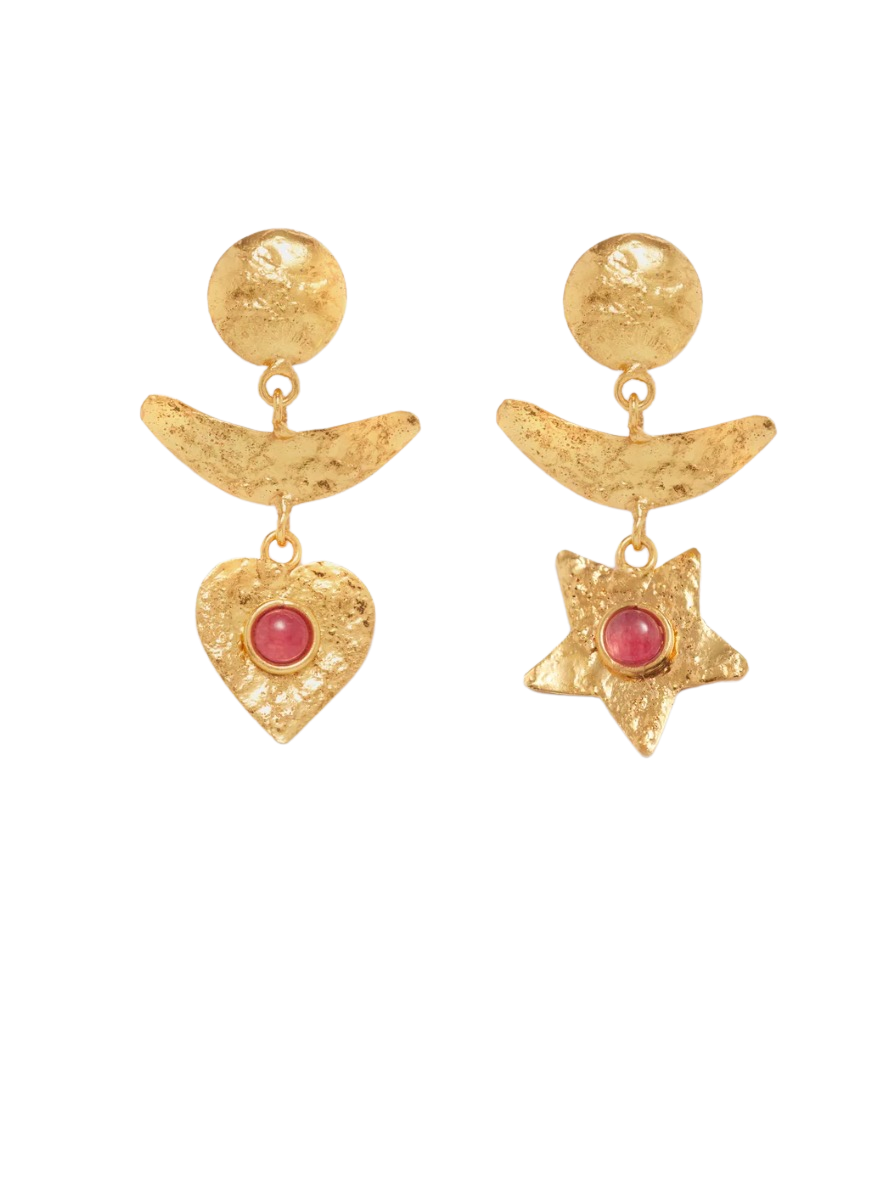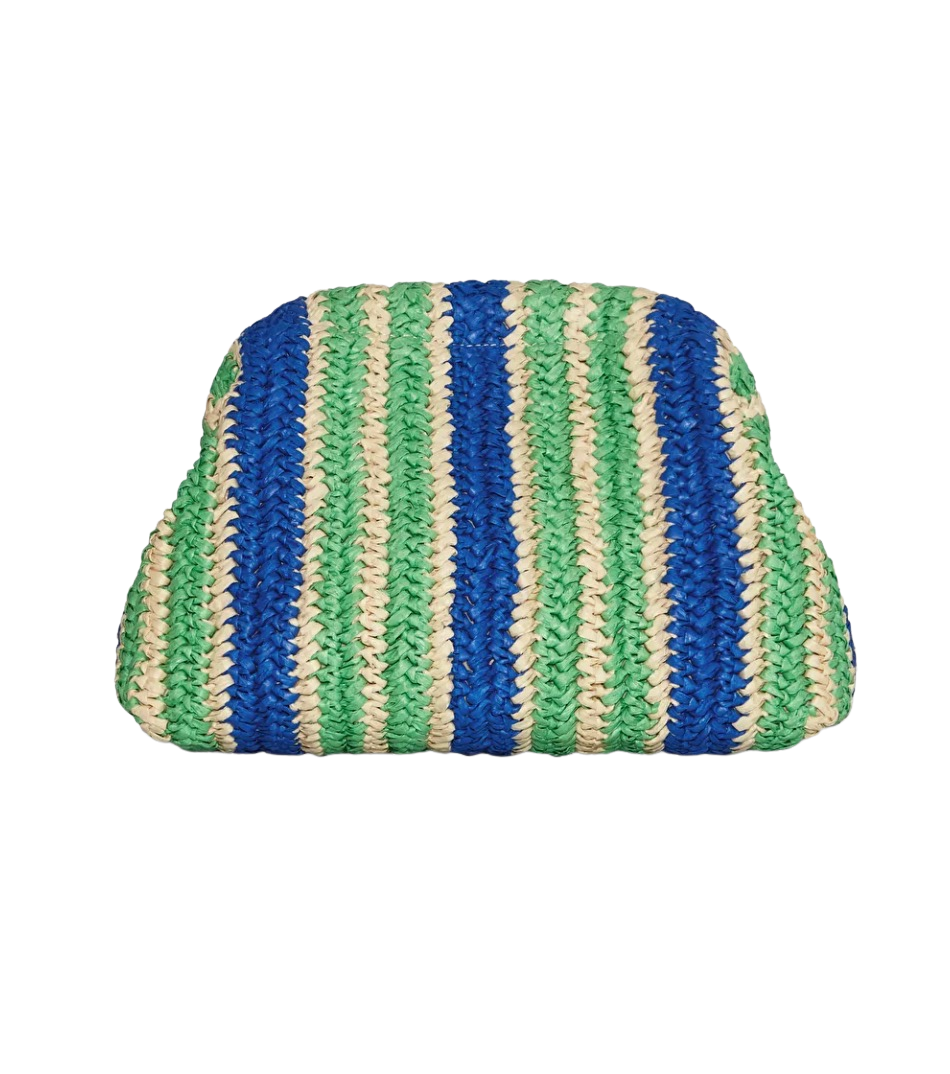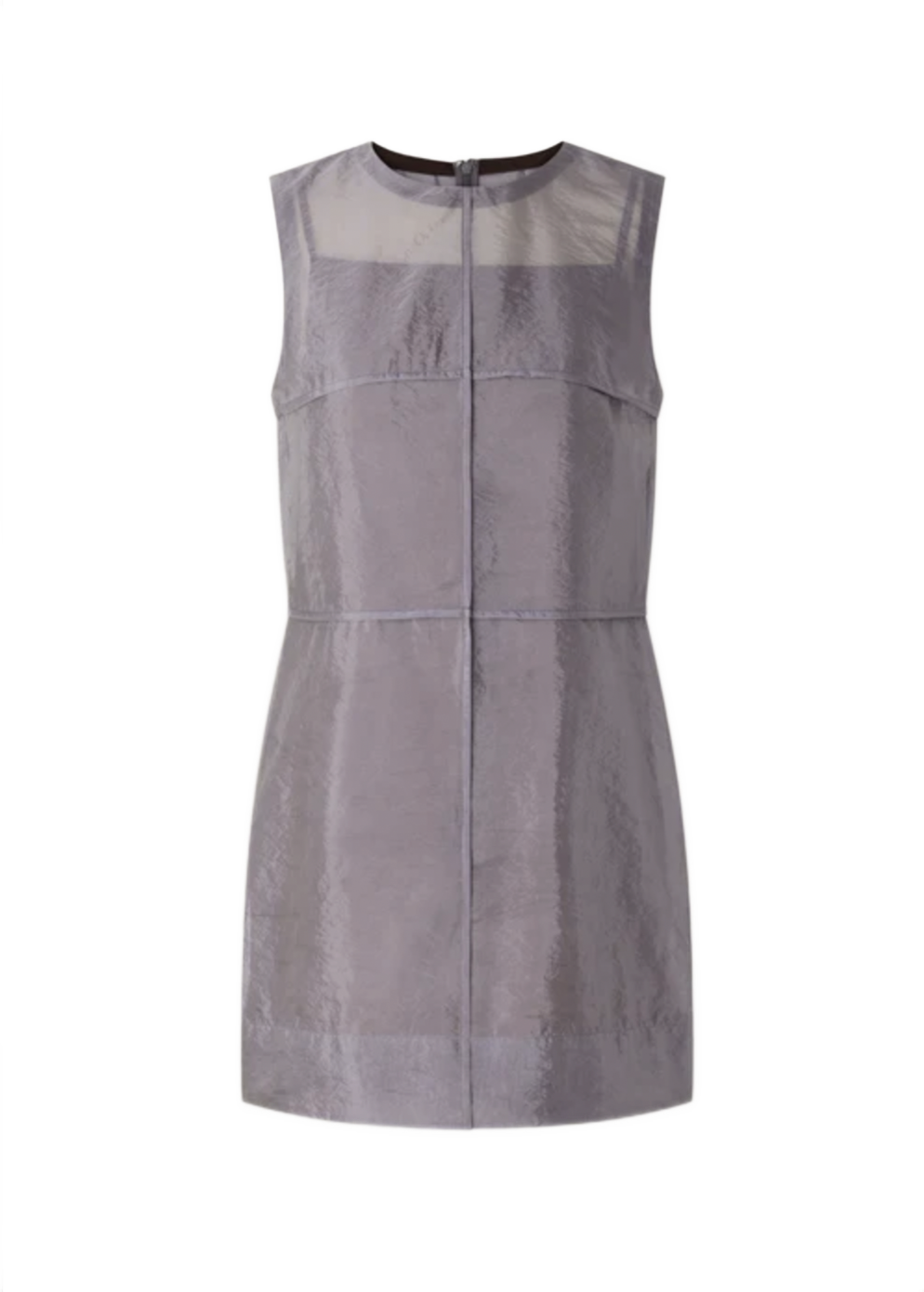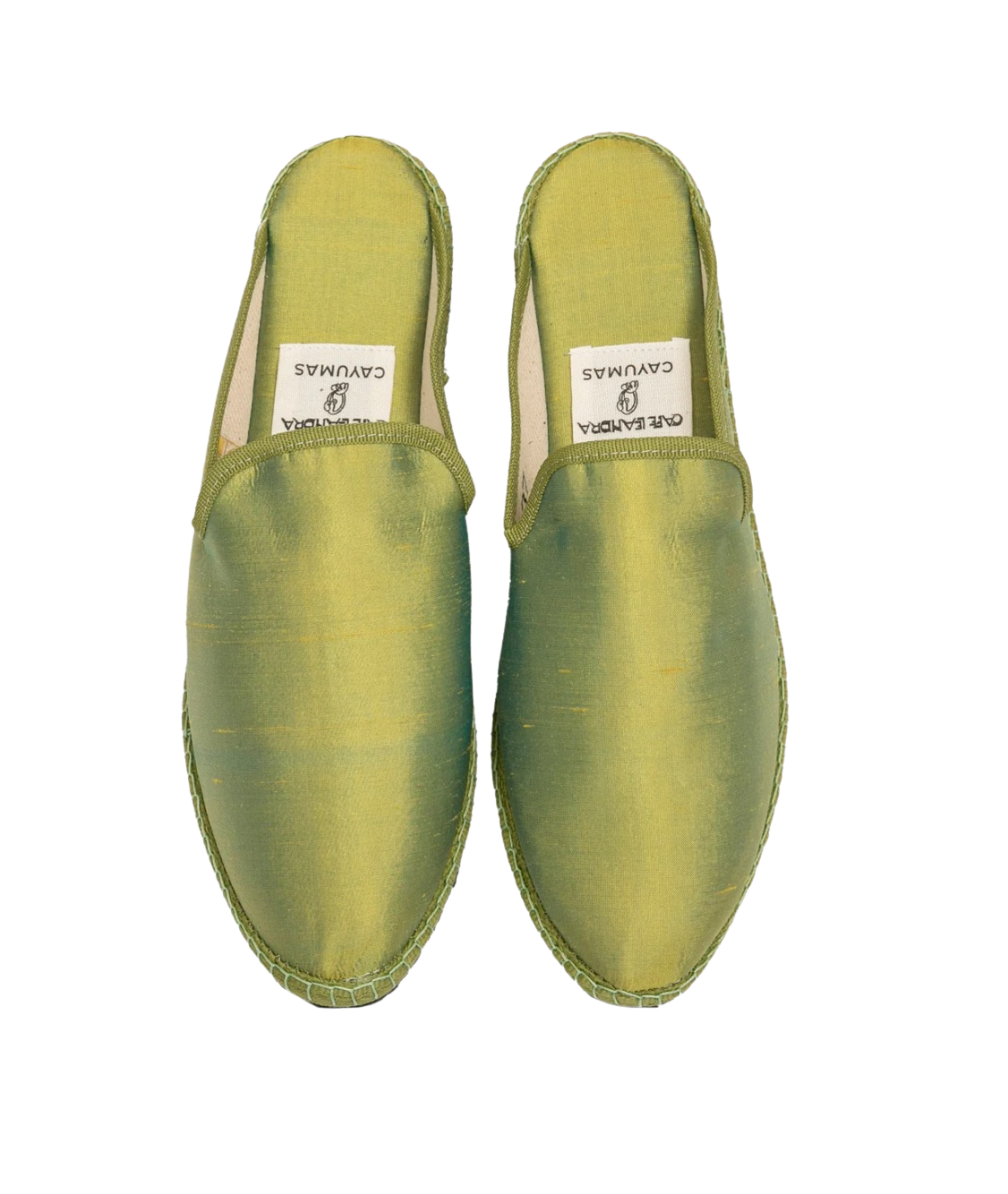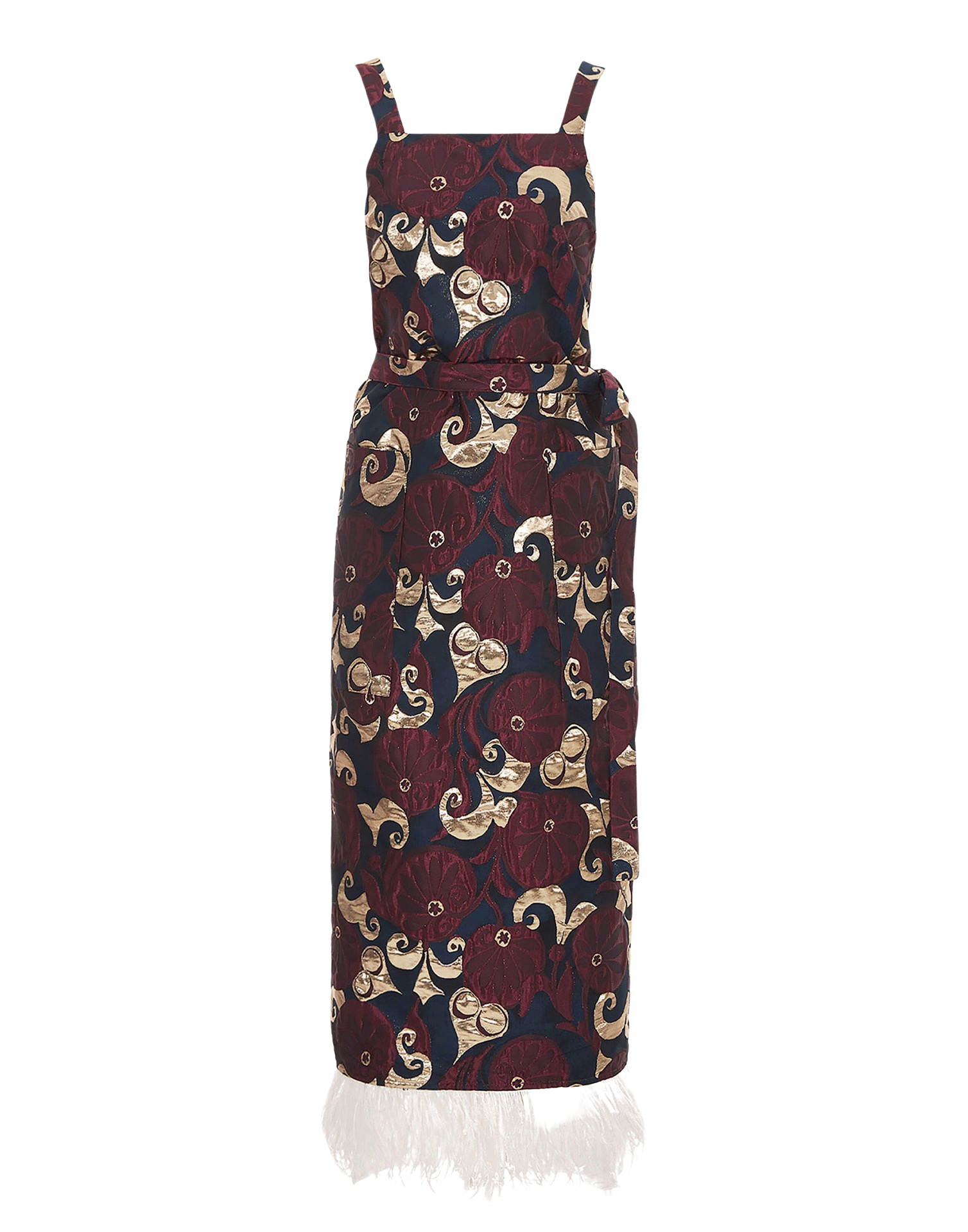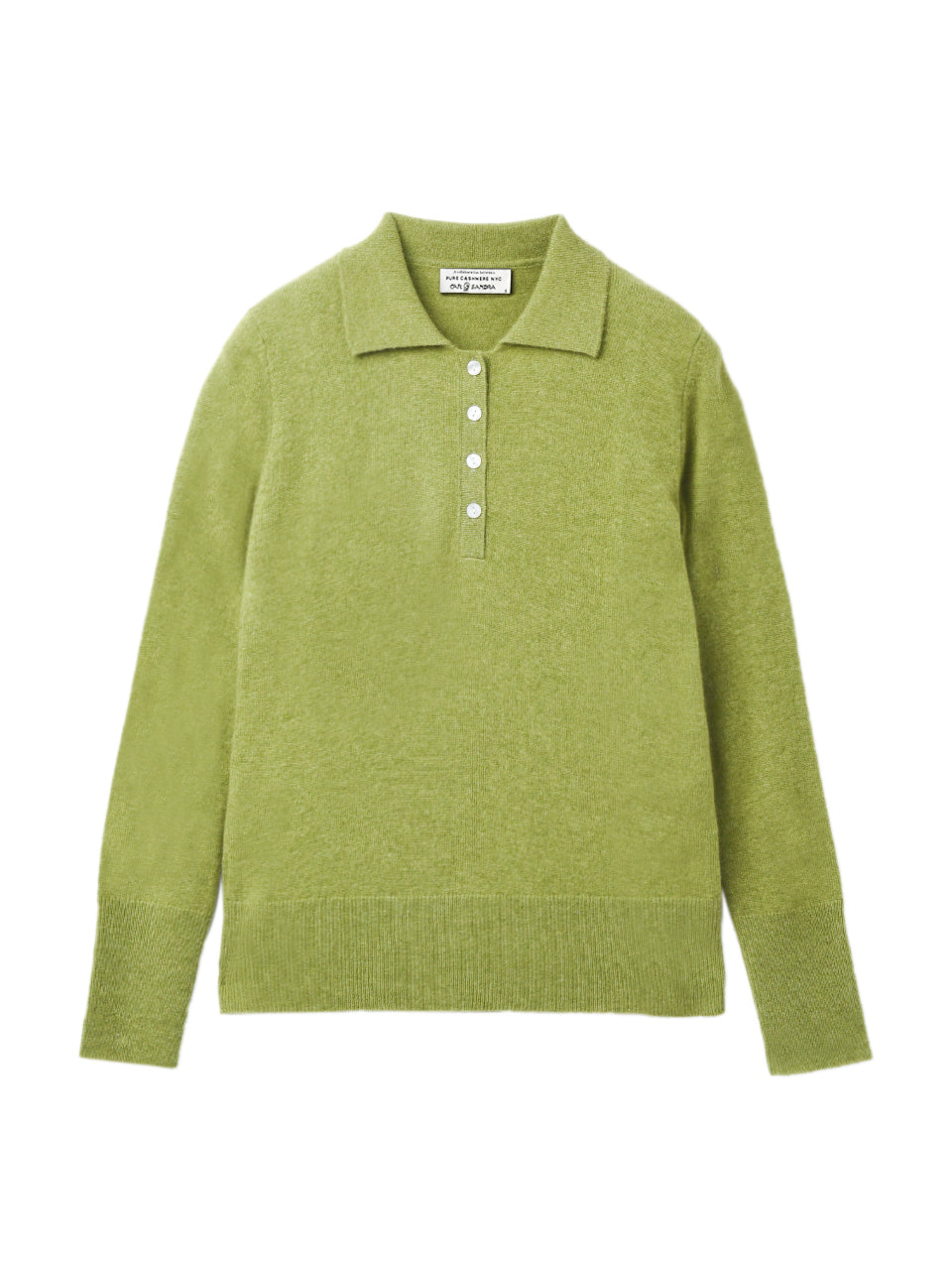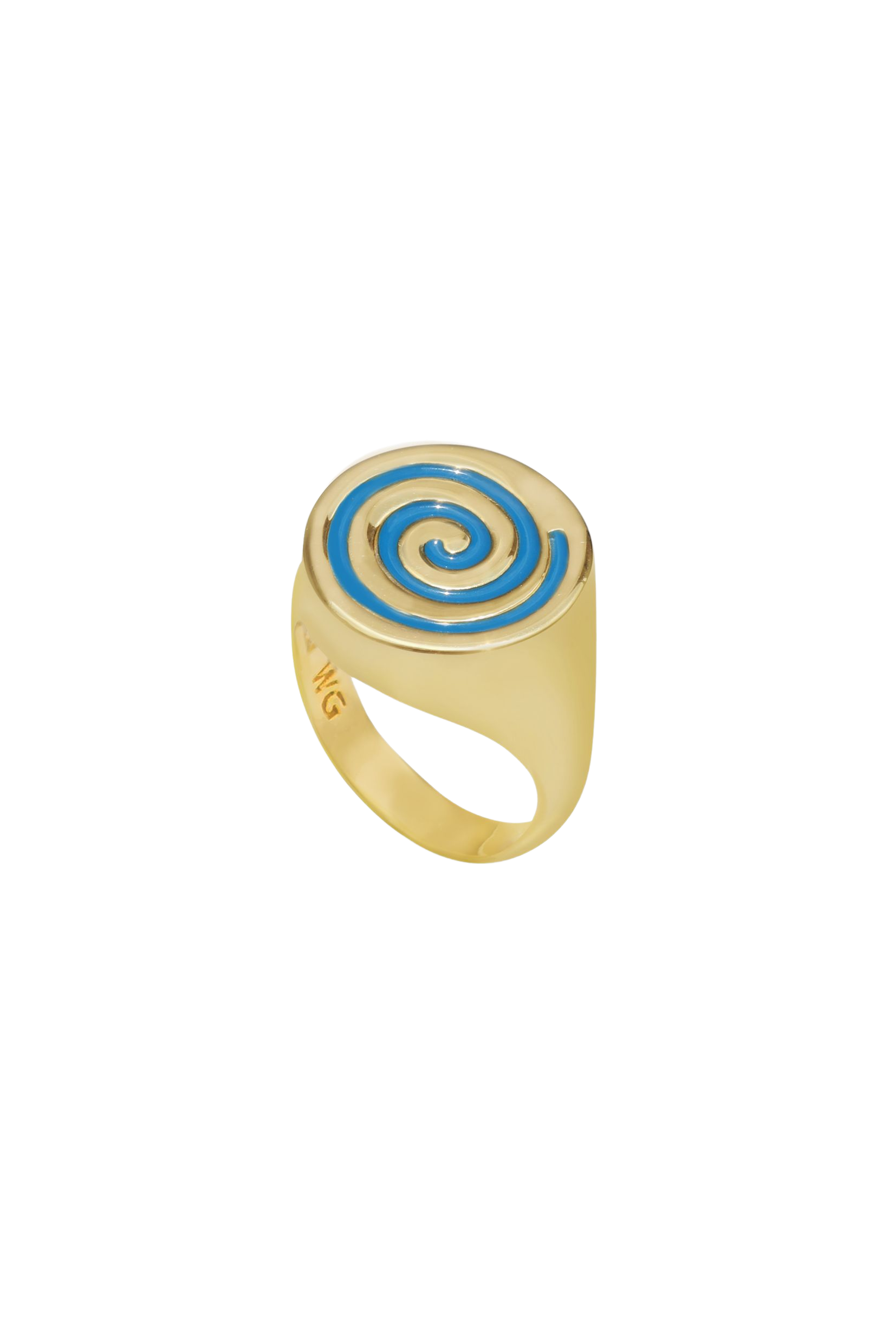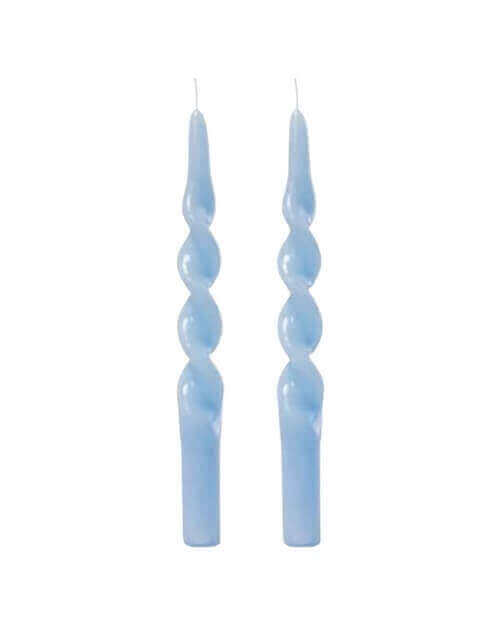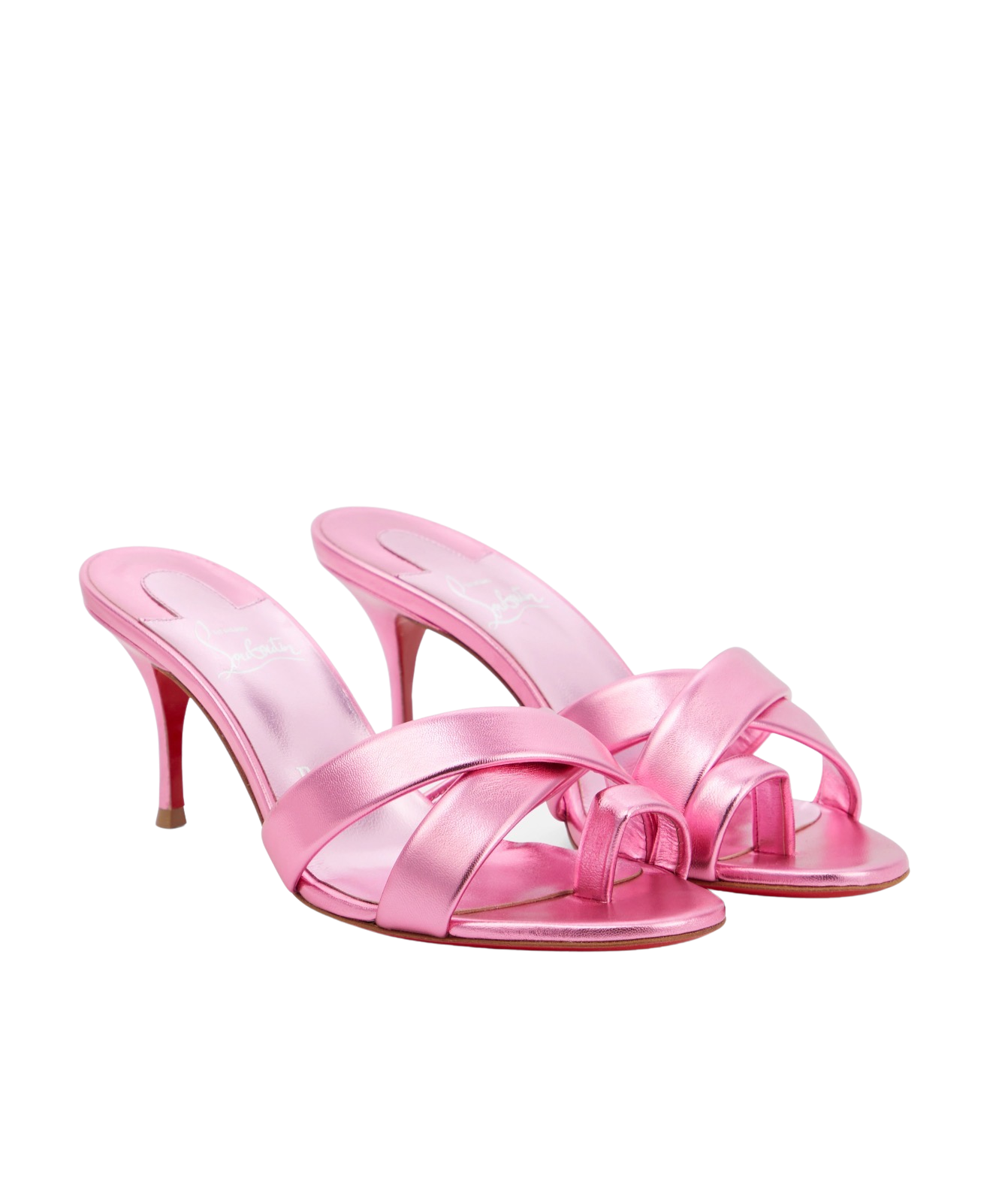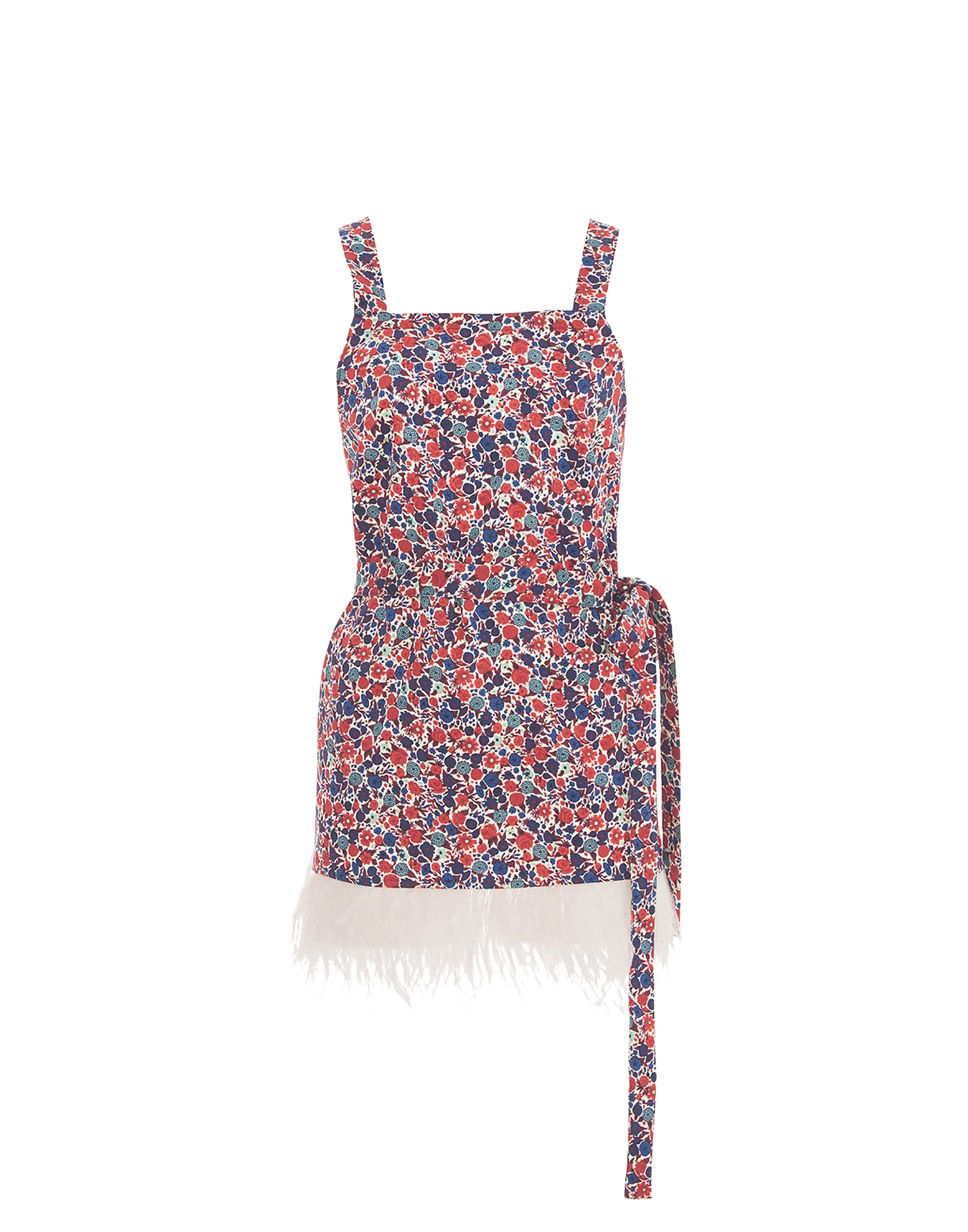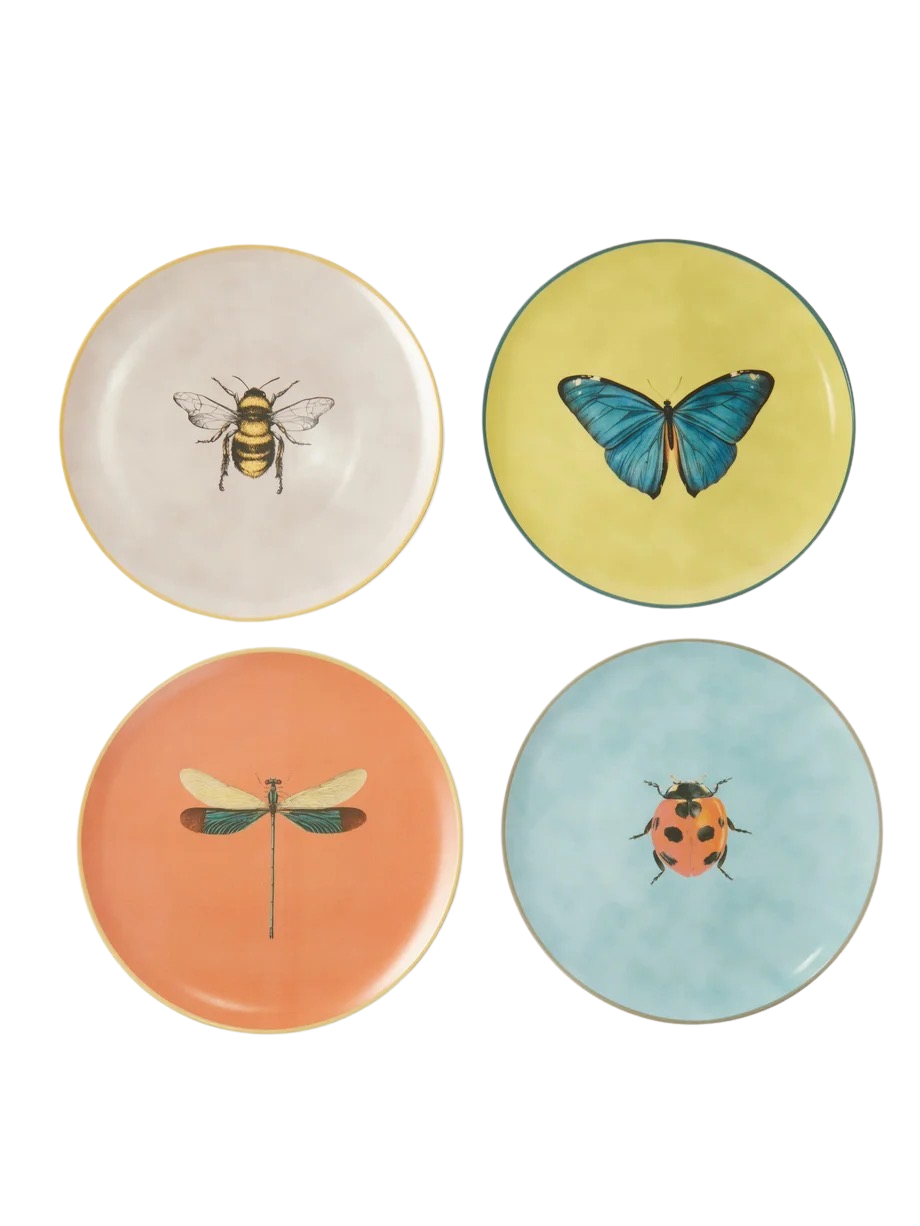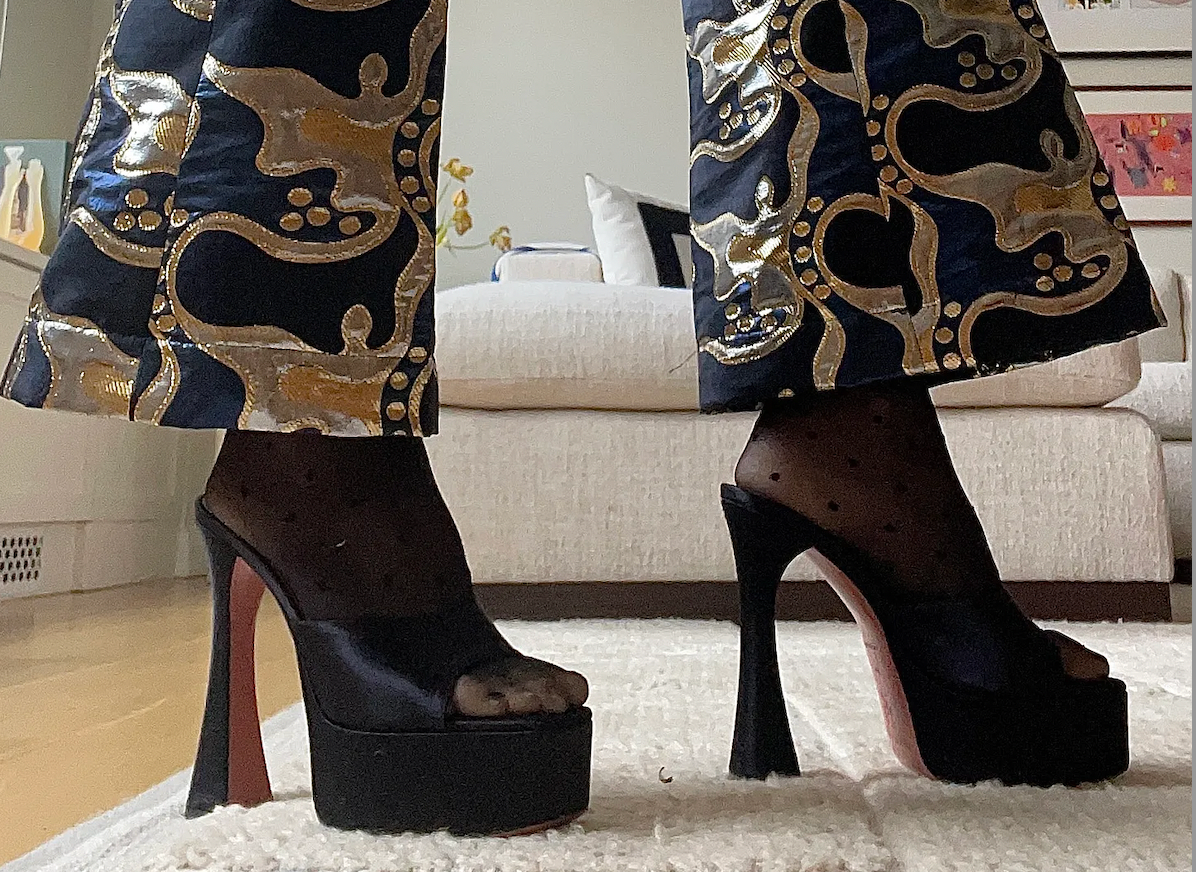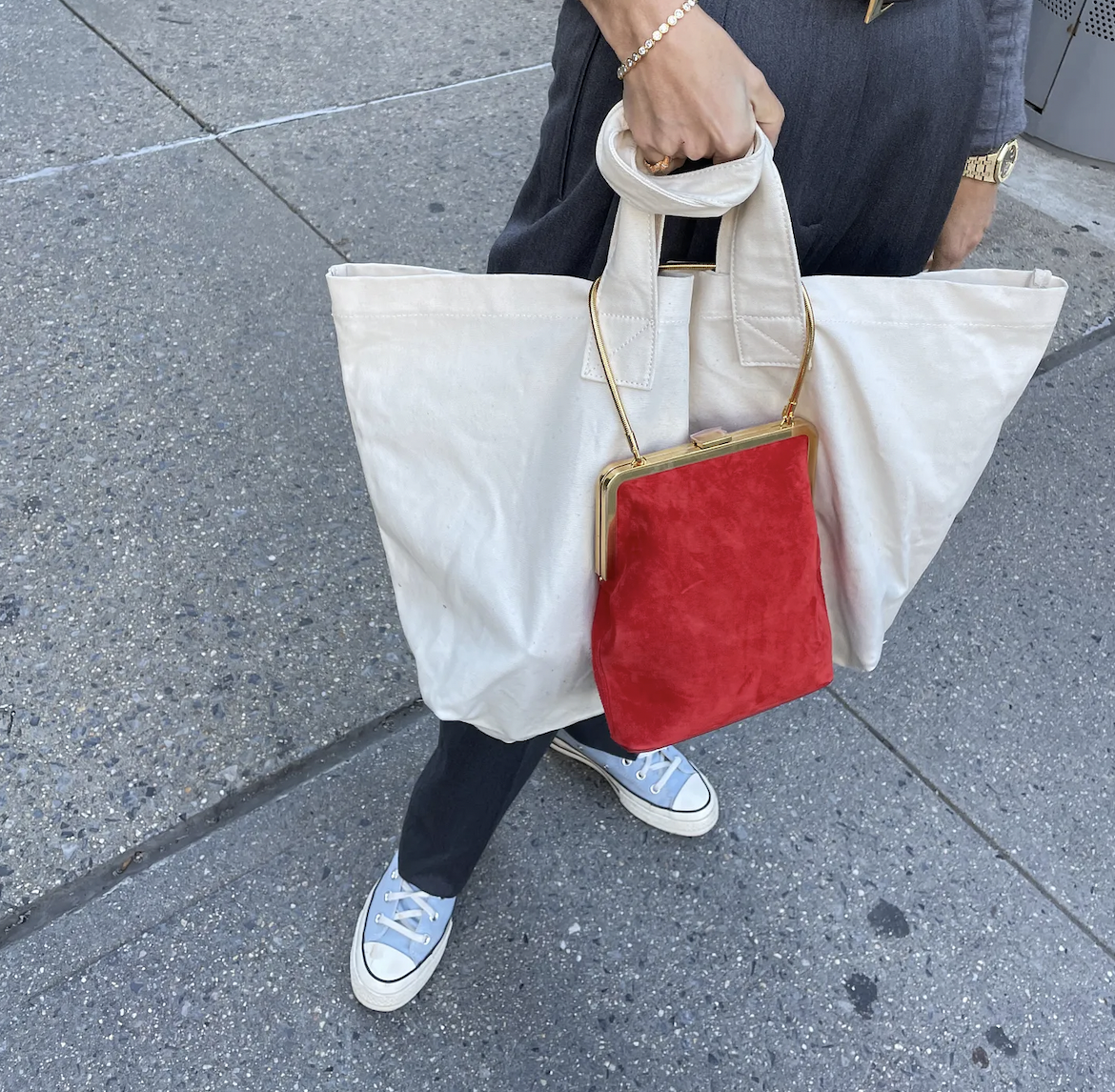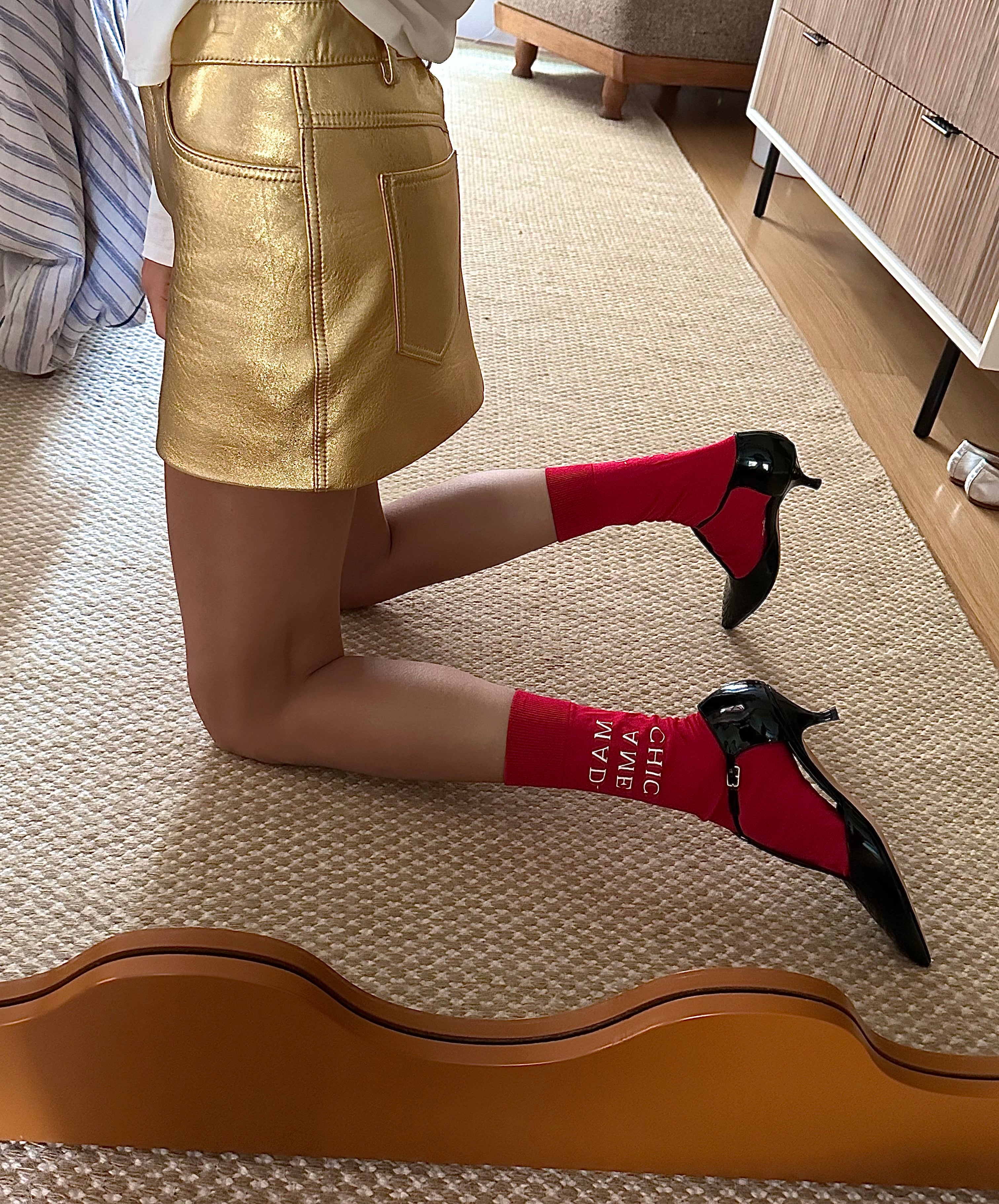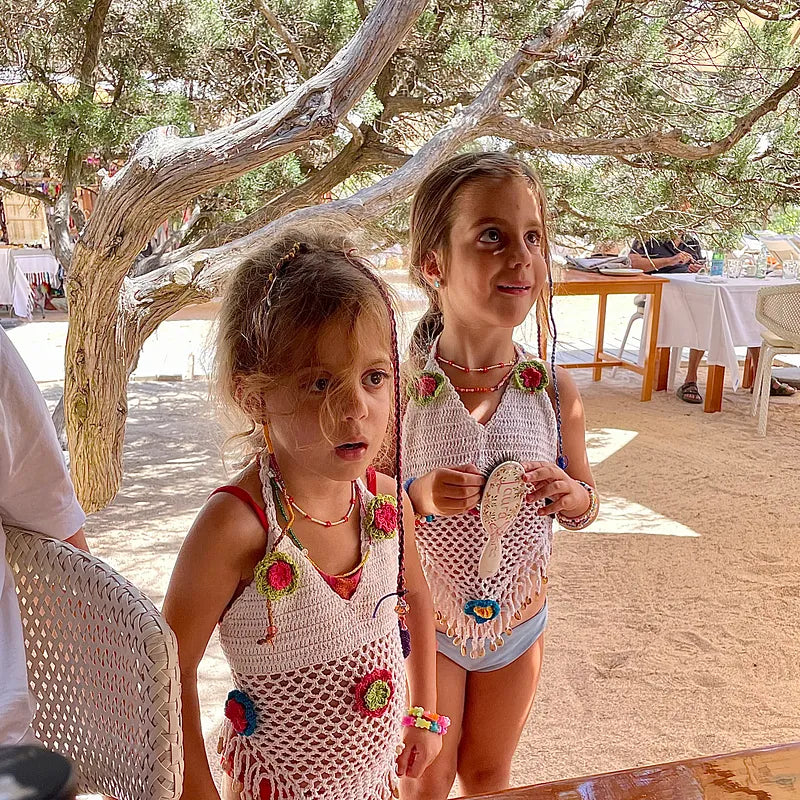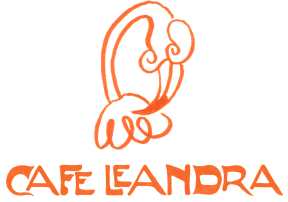#080922: Finding home
Crushing and Thriving
Last week at dinner, my friend asked if a person can feel like they are getting crushed and thriving at the same time. It took me a minute to consider what she was asking and I started to think about it after we split and what I realized, or concluded (for the moment at least) is that I’m not sure anyone who is “thriving” can be doing that without, in some way, feeling like they are also getting, or have been crushed. Because thriving takes perspective, right? And it’s impossible to know if you are not just doing well but persevering without having come out of some conflict upright.
When I say upright what I mean really is upright with yourself — like in your integrity, emotionally sound. It’s impossible to know if you are persevering without having been pushed to your own limit and finding you stayed with your values, you stuck to your guns, you didn’t abandon your “higher self,” as you went through.
The timing of her inquiry, no doubt related to a personal incident taking place within the ridges of her own life, mirrored something pretty menial that I’d just experienced too: here one of my daughters had been sick for the whole of the previous five days. She’d started to feel a little uncomfortable the Friday before and I was sure that by the end of the weekend, she’d have recovered but it took more like until the following Thursday for her to feel like herself again. And that stretch of three days between Monday and Thursday really knocked me off my skis.
For as flexible and nimble as I think myself to be — as I know myself in specific instances to be — it turns out that in some ways, I am also pretty rigid.
This makes rolling with the punches, an essential skill to cultivate when you have young kids but also when you want to exist in a world where you feel comfortable depending on people and people feel comfortable depending on you, a little more challenging.
Routine
What is so surprising to find about this rigidity is that it’s the break from routine that knocked me off my skis. It’s surprising because I have often said that a break from routine is remarkably freeing, which I do still believe to be true and in particular when it’s a break on your terms (see: planned vacation), but I think for a while I really took advantage of the idea that breaking routines = freedom, assuming that any establishment of routine was actually the enslaving thing.
In some ways, in fact, I think I’ve resisted acceptance of my own routines based on the preconceived idea that I’m trapped when I’m in one — but the more I think about it, the more I realize that routines in and of themselves can be freeing and that we all have routines, or we all have habits — some are good, some are bad, and the more frequently we enlist these habits, the more inevitable it is that they’ll become a routine.
But if I don’t accept that the routine exists, I can’t really be conscious of it, and when I’m not conscious of it, I can’t really identify which of the routines serve me and which ones prime me to fall off my skis.
It’s like, I can know that some stretches of time are better than others but I’m less clear on why they’re better, and that provokes a sense of helplessness, this basic delusion that I have no control over my own behavior because “people don’t change” is what they say but maybe, really, people just don’t know what cause the fluctuations in our recurring feelings, in what provokes our habitual behavior — the patterns that paint our lives.
In a best-case scenario, you’re probably intentional and conscious of the routines that you’re in. With a thorough enough understanding of cause and effect, its easier to cultivate the ones that are good for you. That make you feel secure or grounded, that make you feel like when you’re being crushed, you know you can figure out a way to stretch yourself back to baseline.
Pushing through
I do wonder if my own lack of consciousness of some of the routines I’m in or have been in, or my own preconceived ideas that routines are a prison is what the rigidity is really about. If routines are actually a metaphor for commitment to optimal self. Maybe what intercepts my acceptance of the reality of a sick kid, or let’s go broader: a great co-worker who operates at a different pace, or a family member whose perspective on a specific topic deviates from my own — is precisely a lack of confidence that I know how to accept these detours; to receive them with grace then return to optimal self. That I know how to accept and can commit to doing it.
Because when a routine breaks, or a disagreement comes up, or any tension arises within conflict, it is never as disorienting if you can trust that you’ll return to optimal self. That you won’t lose yourself in the difference or changes. Maybe it’s not even actually optimal self that I’m talking about — it’s just lathered-in-conscious-values, true self.
But how do you build the confidence of this knowing? For one, I think, by pushing through: not avoiding reality or trying to evade it but by accepting the crease in the flow of events and trusting you’ll find your way home.
The end of my daughter’s virus was not smooth. Though she was better by the end of the week, she went back to camp with a post-viral rash (noncontagious!) that sent her to the infirmary. The camp just needed clearance from her doctor. I couldn’t get in touch with her doctor who was the only one who could clear her, and in the end, the camp called — first me, then her dad and said one of us had to go get her. I wasn’t reachable soon enough, so Abie finished what he was doing, canceled the rest of his day, went to get our car from like 60 blocks north of where he was, and drove an hour to the camp. When he got home, they were both all smiles; I could detect no sign of resentment or anger. He was completely calm, even happy and just trailed to our room to catch up on his work.
I wondered how I’d have reacted if I had caught the call first. I like to think I could have been as straightforward and measured, would have gone to the car and just drove, but more than likely I may have first gone through several unproductive motions of: anger and blame and infuriation, fixation on one more day off the rails. Of course, this would have done nothing but further invite me to indulge and keep indulging in the sensation of “being crushed” until who knows, I became debris — never minding the proximity to crushedness’ flip side.
It’s really when my friend asked if you can get crushed and thrive at the same time later at dinner that I realized they’re flip sides of the same coin. That the difference between feeling crushed, full stop and thriving like you’re a tulip in the middle of Manhattan in Spring is no simpler than your response to the disruption, whatever it is. Do you trust that you can go off rail without completely losing it, and in turn losing yourself? Do you evade your own values or priorities to hold on to the fear of that rupture?
Do you indulge in the sensation of yourself collapsing, or do you accept reality as it’s presenting, cancel your meetings, or accept their viewpoint, find grace in their pace then get to your car, proverbial now, and go where you need to?
Do you realize that the collapsing is actually happening around you — that it’s not happening to you. That once you get where the crush must take you, there’s always a way to find home.




